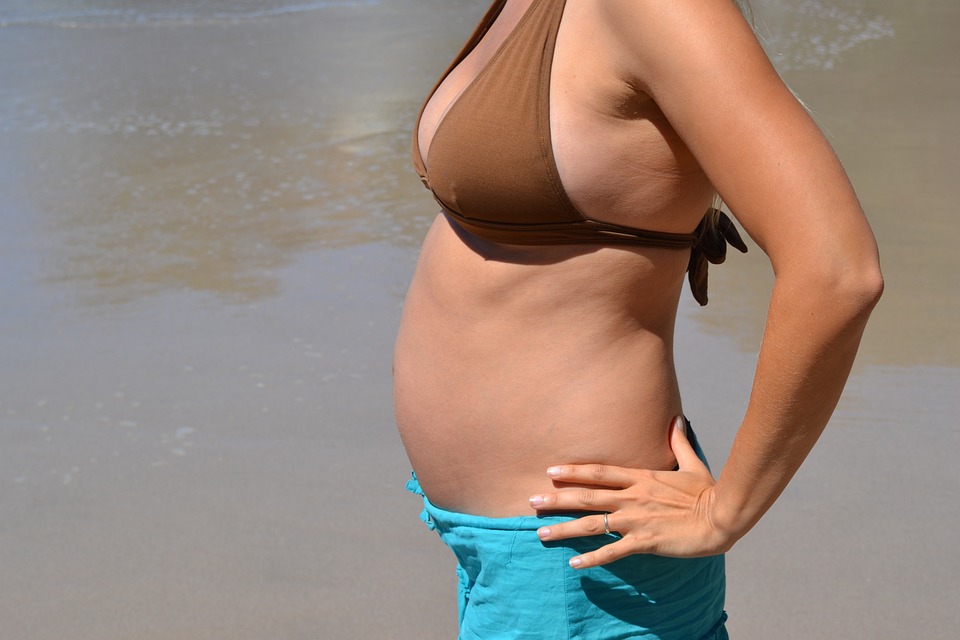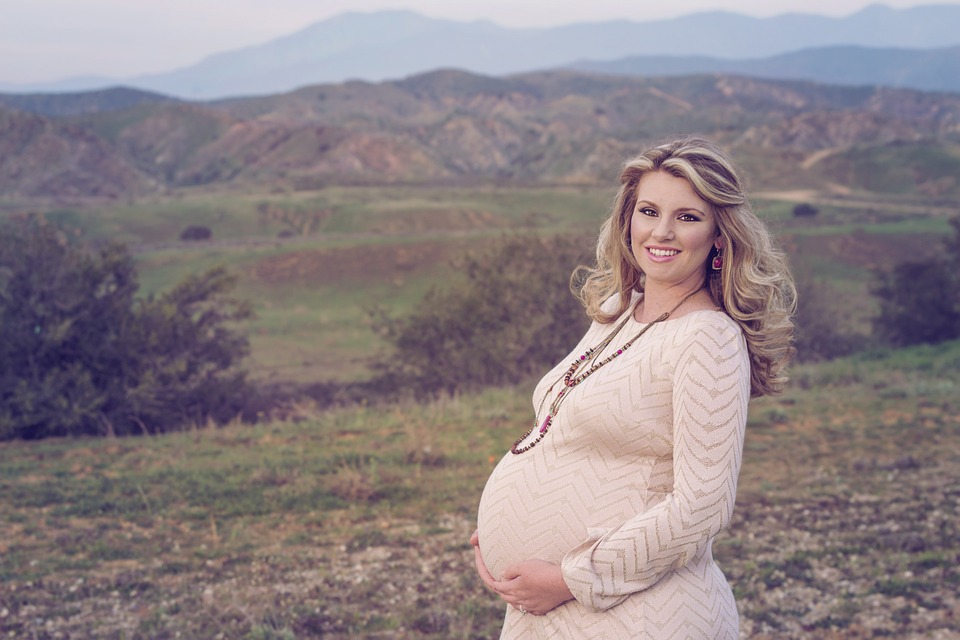
Healthy Eating for Two: Essential Nutrients for Expecting Moms
Pregnancy is a special time in a woman’s life, filled with excitement, anticipation, and a whole lot of questions about how to best care for yourself and your growing baby. One of the most important things you can do during pregnancy is to eat a healthy, balanced diet that provides all the essential nutrients both you and your baby need to thrive. In this article, we will discuss some of the essential nutrients for expecting moms and how to ensure you are getting enough of them through your diet.
Whether you are a first-time mom or already have children, it’s important to remember that your body is now responsible for nourishing both yourself and your baby. This means that you may need to make adjustments to your diet to ensure you are getting all the necessary nutrients to support a healthy pregnancy. Here are some essential nutrients that expecting moms should focus on:
1. Folate (Folic Acid): Folate is a B vitamin that is essential for the development of your baby’s neural tube, which eventually becomes the brain and spinal cord. Adequate folate intake is crucial in the early stages of pregnancy to prevent neural tube defects such as spina bifida. Sources of folate include leafy green vegetables, citrus fruits, legumes, and fortified cereals. It is also recommended that women take a folic acid supplement before and during pregnancy to ensure adequate intake.
2. Iron: Iron is an essential nutrient for both you and your baby, as it is needed to produce hemoglobin, the protein in red blood cells that carries oxygen to tissues and organs. During pregnancy, your body’s blood volume increases to support the growth of the placenta and baby, leading to an increased need for iron. Good sources of iron include lean meats, poultry, fish, beans, fortified cereals, and dark leafy greens. Pregnant women may also need to take an iron supplement to prevent anemia.
3. Calcium: Calcium is essential for the development of your baby’s bones, teeth, and muscles. It also helps to support the health of your own bones. Sources of calcium include dairy products, leafy green vegetables, tofu, almonds, and fortified foods. Pregnant women need around 1,000 milligrams of calcium per day, which can be difficult to get through diet alone. In this case, a calcium supplement may be recommended.
4. Vitamin D: Vitamin D is important for the absorption of calcium and plays a key role in bone health. During pregnancy, your body’s need for vitamin D increases to support the development of your baby’s bones and teeth. Good sources of vitamin D include fatty fish, fortified dairy products, egg yolks, and sun exposure. If you are not getting enough vitamin D through your diet and sunlight exposure, a supplement may be necessary.
5. Omega-3 Fatty Acids: Omega-3 fatty acids, particularly DHA (docosahexaenoic acid), are important for the development of your baby’s brain and eyes. Adequate intake of omega-3s during pregnancy has also been linked to a reduced risk of preterm birth and low birth weight. Good sources of omega-3 fatty acids include fatty fish (such as salmon, mackerel, and sardines), walnuts, flaxseeds, and chia seeds. If you do not consume enough omega-3 rich foods, a supplement may be recommended.
6. Protein: Protein is a building block of life and is essential for the growth and development of your baby. During pregnancy, your body needs more protein to support the growth of your baby’s tissues and organs. Good sources of protein include lean meats, poultry, fish, eggs, dairy products, legumes, and nuts. It’s important to include a variety of protein sources in your diet to ensure you are getting all the essential amino acids your body needs.
In addition to these essential nutrients, pregnant women should also focus on consuming a variety of fruits, vegetables, whole grains, and healthy fats to ensure they are meeting all their nutritional needs. It’s also important to stay hydrated by drinking plenty of water throughout the day.
While a healthy diet is the best way to get the nutrients you need during pregnancy, sometimes supplements are necessary to fill in any nutrient gaps. It’s important to talk to your healthcare provider before taking any supplements to ensure they are safe and appropriate for you and your baby.
In conclusion, eating a healthy, balanced diet during pregnancy is essential for both you and your baby’s health. By focusing on getting the essential nutrients we have discussed in this article, you can support the growth and development of your baby while also maintaining your own health and well-being. Remember to listen to your body, stay active, and take care of yourself during this special time. Congratulations and best wishes for a happy and healthy pregnancy!








